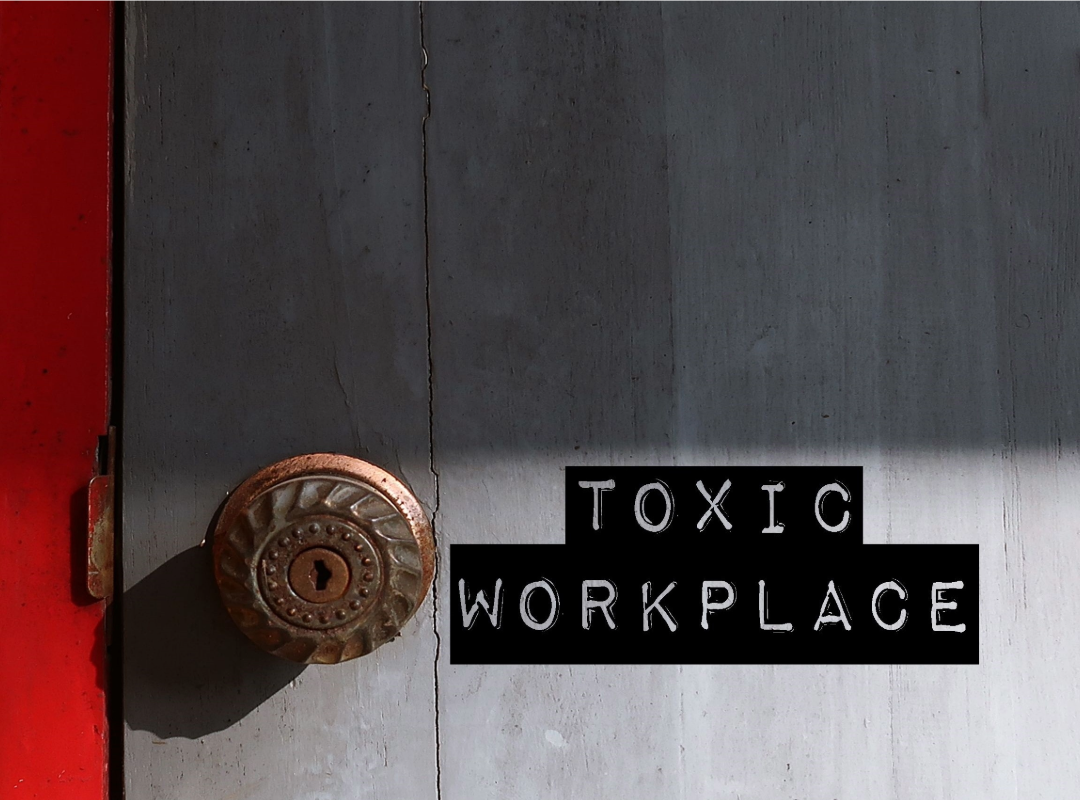Is Your Team’s Culture Killing Your Growth?

See Why Top CEOs Obsess Over Culture (And You Should Too)
By Sal DePaola April 8th, 2024 7:02pm
Cultivating a Productive Business Culture: A Blueprint for Success
In the fast-paced world of business, where innovation and efficiency are necessary for success, there’s an important force that shapes the destiny of companies: corporate culture. The significance of a positive culture cannot be overstated—it’s the heartbeat of an organization, influencing everything from employee satisfaction to overall productivity.
As we look at how to cultivate a culture that leads to success, it’s essential to understand that this isn’t just about creating a pleasant workplace. Instead, it’s about forging an environment where core values, team collaboration, and a positive atmosphere drive the company forward.
The Foundation: Establishing Core Values
At the heart of every successful company is a set of core values. These aren’t merely nice-sounding words etched into the lobby wall or tucked away in the employee handbook that no one reads; they are the guiding principles that dictate behavior, decision-making, and the business’s overall direction. Core values serve as the company’s North Star, offering a sense of purpose and unity among employees. When these values are clearly defined and genuinely embraced, they create a strong foundation for a productive culture.
Take, for example, a company that places a high value on innovation. This core value encourages employees to think outside the box, challenge the status quo, and pursue creative solutions. It creates an environment where innovation isn’t just welcomed, it’s expected. Similarly, a company that prioritizes integrity will foster a culture of trust and transparency.
The Catalyst: Encouraging Team Collaboration
In every business, the whole is indeed greater than the sum of its parts. Collaboration is the catalyst that transforms individual efforts into collective achievements. Encouraging team collaboration is not just about putting people together in a room and hoping for the best. It’s about creating a culture where diverse ideas, skills, and perspectives converge to produce innovative solutions.
Collaboration thrives in environments where communication is open, and hierarchies are flattened. When employees feel their voices are heard and valued, they’re more likely to contribute actively and engage with their colleagues. This synergy not only encourages problem-solving and innovation but also strengthens the bonds between team members, creating a more cohesive and motivated workforce.
In addition, fostering collaboration extends beyond internal teams. In today’s interconnected world, companies that cultivate collaborative relationships with partners, customers, and even competitors are often those that stay ahead of the curve. These external collaborations can open up new opportunities, provide fresh insights, and drive growth in ways that would be impossible in isolation.
The Atmosphere: Fostering a Positive Work Environment
A workplace’s atmosphere can be a powerful motivator or a silent detractor. Fostering a positive work environment is about creating a space where employees feel valued, respected, and inspired. It’s an atmosphere that encourages growth, learning, and well-being. Mutual respect, recognition, and support are indicators of a positive work environment. It’s a place where achievements are celebrated, feedback is constructive, and challenges are met with resilience and optimism.
Leadership is one of the key elements in creating such an environment. Those leaders who embody the company’s core values, communicate openly, and show genuine concern for their team’s well-being set the tone for the entire organization. They play a pivotal role in shaping the culture, influencing how employees interact with each other and their work.
Another critical aspect is work-life balance. Companies that recognize the importance of balance and offer flexibility in how, when, and where work gets done are more likely to have satisfied and productive employees. This flexibility demonstrates trust and respect for the individual, acknowledging that productivity is not about the number of hours spent at a desk but the quality of the work produced.
Many of the country’s top organizations are now adding Preventative Healthcare programs for their employees.Integrating such a program into your company’s culture isn’t just an investment in employee health—it’s a cornerstone for building a workplace that values well-being, fosters resilience, and champions productivity.
By prioritizing preventative care, businesses send a powerful message that the health and happiness of each team member is paramount. This approach not only enhances the overall health outcomes of employees, reducing absenteeism and healthcare costs, but also cultivates an environment of care and support.
Employees feel valued and seen, which in turn, boosts morale, strengthens loyalty, and encourages a sense of community. Ultimately, a Preventative Healthcare program is more than a benefit–it’s a transformative tool that nurtures a positive, productive company culture where everyone thrives together.
The next email will explore Preventative Healthcare further since, in my opinion, it’s one of the most valuable tools that businesses aren’t using and it’s a tax benefit for employers and employees.
The Outcome: A Productive Business Culture
The journey to cultivating a productive business culture is ongoing, requiring constant attention and adaptation. The rewards, however, are endless. Companies with strong cultures enjoy higher employee satisfaction, which translates into lower turnover rates, higher productivity, and better overall performance. These organizations are also more attractive to top talent, who are looking for more than just a job—they’re seeking a place where they can thrive, contribute, and be part of something meaningful.
Moreover, a productive culture is a competitive advantage in today’s market. It enables companies to navigate challenges with agility, innovate continuously, and build lasting relationships with customers and partners. In essence, the culture becomes the company’s identity, distinguishing it in a crowded marketplace and propelling it towards long-term success.
Cultivating a productive business culture is not a one-time initiative, but an ongoing strategic imperative. It requires a deliberate effort to establish core values, encourage collaboration, and foster a positive work environment. The payoff, however, is a resilient, innovative, and dynamic organization where employees are engaged, satisfied, and aligned with the company’s mission. As we look to the future, it’s clear that those companies that prioritize their culture will lead the way, shaping industries, and redefining success.
